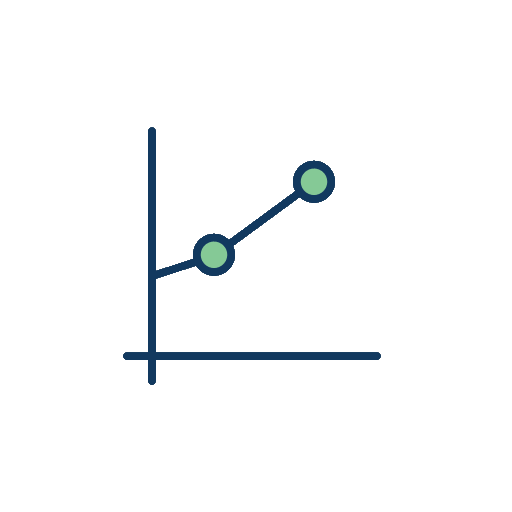Optimization process to finding the global minima of a given objective function by using Quantum fluctuation
A Quantum Annealer is a type of quantum computer designed to solve optimization problems through a process analogous to simulated annealing in classical computing
What is Quantum Annealer
Harness quantum mechanics for efficient optimization. Quantum Annealers find solutions by exploring energy landscapes, aiding logistics, finance, and more.
https://www.quera.com/glossary/quantum-annealer
Quantum annealing
Quantum annealing (QA) is an optimization process for finding the global minimum of a given objective function over a given set of candidate solutions (candidate states), by a process using quantum fluctuations. Quantum annealing is used mainly for problems where the search space is discrete (combinatorial optimization problems) with many local minima; such as finding[1] the ground state of a spin glass or solving the traveling salesman problem. The term "quantum annealing" was first proposed in 1988 by B. Apolloni, N. Cesa Bianchi and D. De Falco as a quantum-inspired classical algorithm.[2][3] It was formulated in its present form by T. Kadowaki and H. Nishimori (ja) in 1998,[4] though an imaginary-time variant without quantum coherence had been discussed by A. B. Finnila, M. A. Gomez, C. Sebenik and J. D. Doll in 1994.[5]
https://en.wikipedia.org/wiki/Quantum_annealing

 Seonglae Cho
Seonglae Cho
